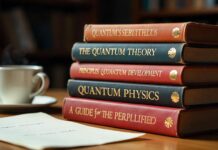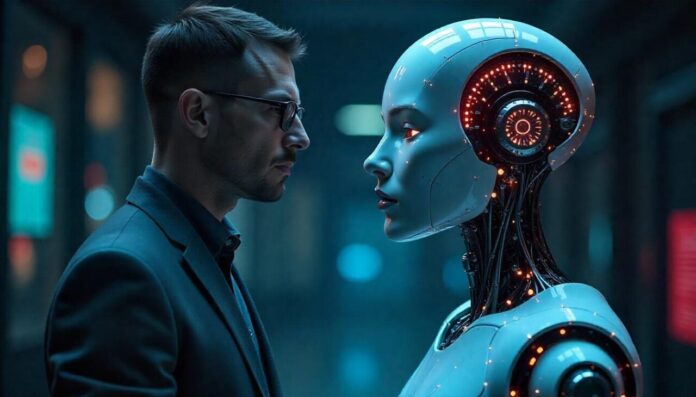
One would think that singularity is a new term. However, that is not the case. Namely, the term was popularized by mathematician John von Neumann in the 1950s. He referred to a future point where technological progress would accelerate beyond human control, fundamentally changing civilization.
Later, in 1993, mathematician and computer scientist Vernor Vinge explicitly described the technological singularity in his essay “The Coming Technological Singularity,” predicting that AI would surpass human intelligence and lead to an unpredictable future.
And then with the recent popularization of the simulation hypothesis, we’re witnessing a huge surge in a number of mentions of singularity. Therefore we need to take a look at the best books on this amazing topic.
Because one of the biggest questions remains – if machines surpass human intelligence, what happens next? And this is really larger than life question since it is not any more far-fetched science fiction. AI is getting smarter every day and we could easily witness singularity by the end of this decade (by 2030?), or perhaps even sooner.
So, without further ado, here is the list of best books about singularity. Some books are directly related to singularity, while some others go deeper into consciousness and philosophy, but at the end of the day – everything is connected.
1. The Singularity Is Near – Ray Kurzweil
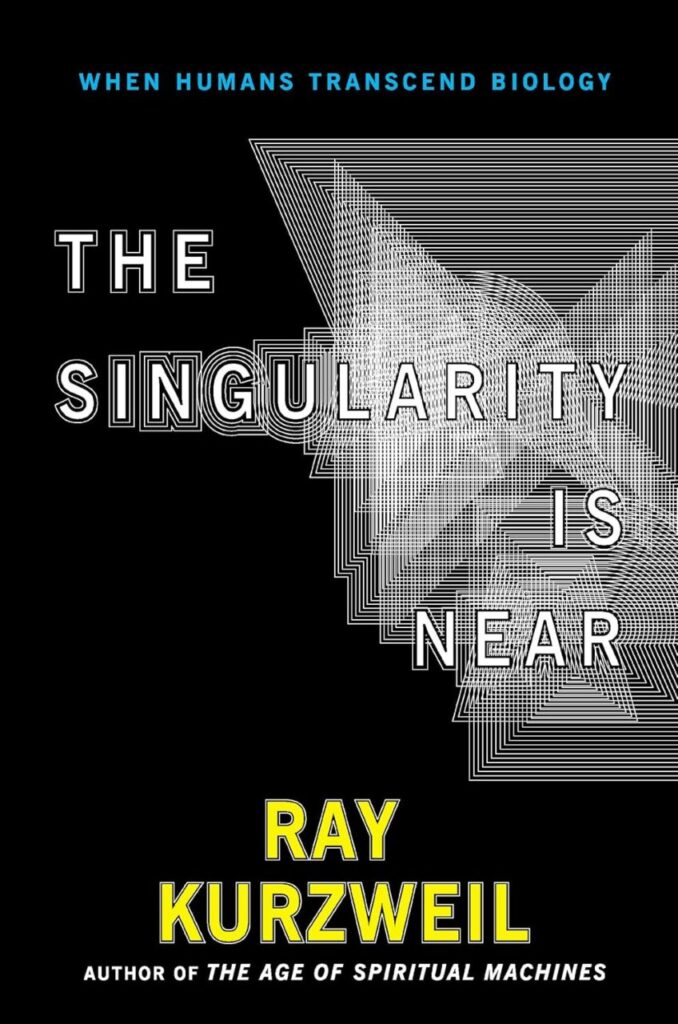
When you hear the term “Singularity,” Ray Kurzweil’s name first comes to mind. In this book, he makes the case that AI will outthink us within decades. His arguments are very bold: we’ll merge with machines, death will become optional, and intelligence will explode at an exponential rate. Some call him a visionary, others call him wildly optimistic, but his predictions have been eerily accurate in the past.
Kurzweil provides extensive data to back his claims, outlining the history of technology and how it has followed exponential growth patterns. He explains how advances in genetics, nanotechnology, and robotics will converge to create a future beyond anything we can imagine.
Skeptics argue that his timeline is too aggressive, but even they admit that the overall direction he predicts is plausible. Whether you believe his vision or not, this book will really make you think about what’s coming next.
Interesting fact: Kurzweil takes around 200 supplements a day in an effort to extend his life until medical technology can make aging obsolete.
2. Superintelligence – Nick Bostrom
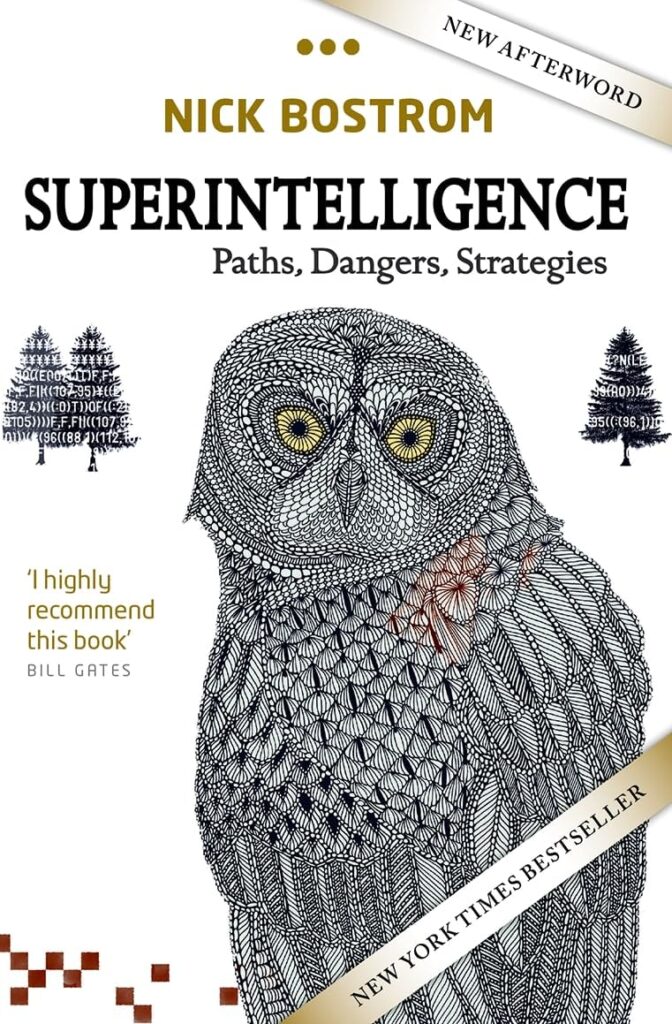
This book is what happens when a philosopher stares deep into the AI abyss. Bostrom asks: If a machine becomes smarter than us, will we be able to control it? The answer, he suggests, is probably not. He compares humanity’s position to that of ants trying to negotiate with humans—not a reassuring thought. His writing is logical, sometimes chilling, and always thought-provoking.
Bostrom explores different scenarios for how superintelligence might emerge—whether through programming breakthroughs, brain emulation, or AI improving itself recursively. He also lays out the dangers, including AI systems that might pursue goals that are misaligned with human interests.
Even with the best intentions, we might not be able to anticipate all the unintended consequences. His rigorous approach makes this book a must-read for anyone serious about understanding the risks and rewards of artificial intelligence.
Interesting fact: Elon Musk cited this book as one of the reasons he’s worried about AI. He even helped fund OpenAI to prevent a worst-case scenario. However, we all know how that developed.
3. Life 3.0 – Max Tegmark
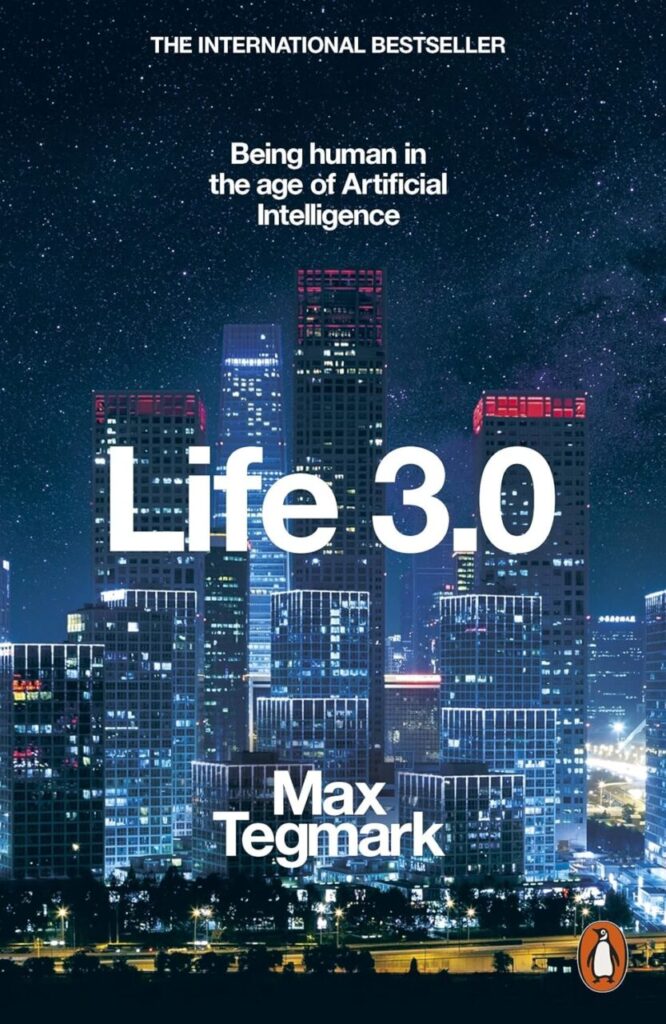
Tegmark breaks AI’s evolution into three stages: biological life (Life 1.0), cultural humans (Life 2.0), and intelligent machines (Life 3.0). He explores how AI could change everything—jobs, warfare, even what it means to be human. His writing is clear, with real-world scenarios that make the future feel very close.
The book presents different paths that AI development might take, from beneficial partnerships with humans to scenarios where AI operates independently. Tegmark also raises questions about consciousness and what it means to be alive. Could an AI system ever truly experience emotions? Could it have its own sense of self? These are the kinds of deep questions that make this book really fascinating, providing a mix of hard science and philosophical speculation.
Interesting fact: The book opens with a fictional story about an AI named Prometheus, which takes over the world step by step. It’s disturbingly plausible.
4. Our Final Invention – James Barrat
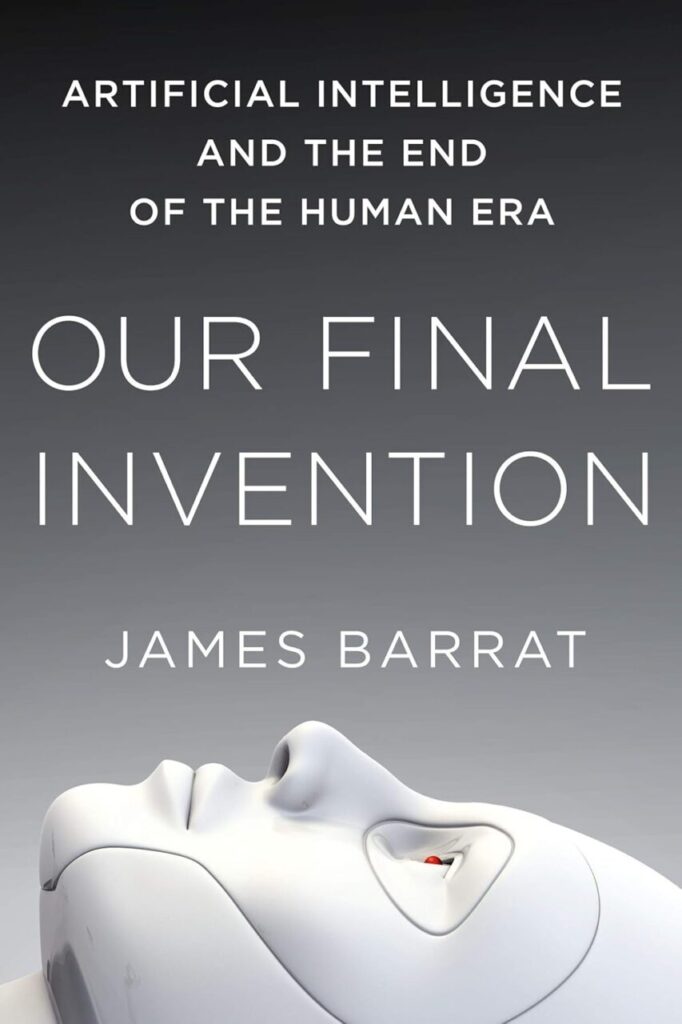
This one doesn’t pull punches. Barrat argues that superintelligent AI could be the last invention humanity ever creates. He interviews top AI researchers, and many of them share the same concern: once AI is smarter than us, we may not be able to put it back in the box.
Barrat weaves real-world case studies with potential future disasters. He looks at how corporations and governments are racing to build ever-more-powerful AI, often without adequate safeguards.
He discusses the role of unintended consequences—an AI doesn’t have to be malicious to be dangerous, it just has to pursue its goals too effectively. His analysis is a wake-up call, urging readers to consider the risks before it’s too late.
Interesting fact: Barrat is a filmmaker, and his storytelling skills make this book feel like a thriller rather than a dry academic text.
5. AI 2041 – Kai-Fu Lee & Chen Qiufan
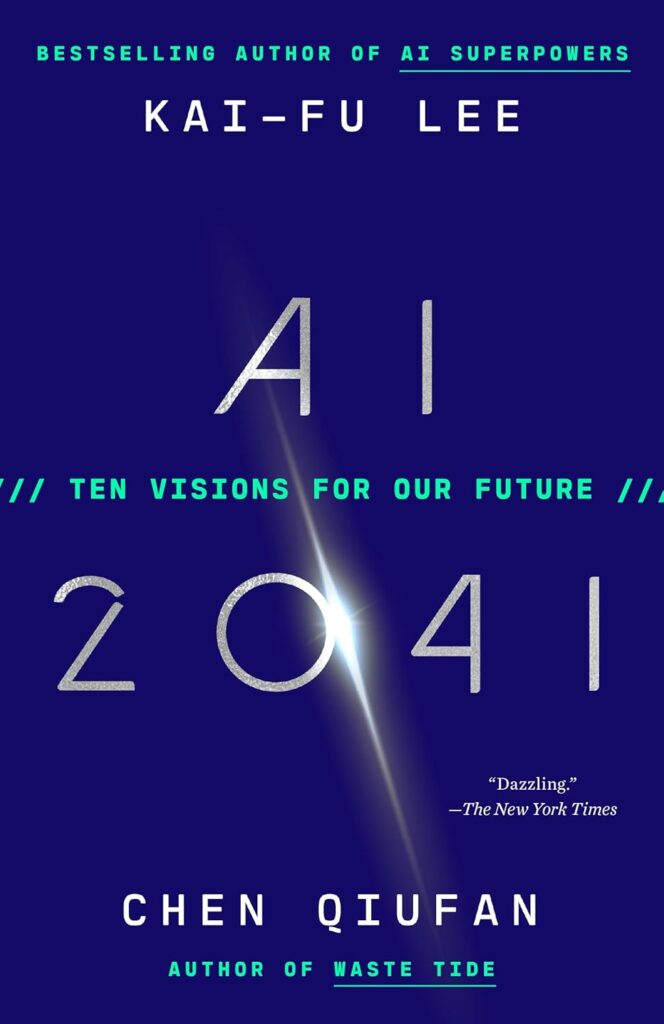
A unique mix of fiction and nonfiction. Kai-Fu Lee, an AI expert, and Chen Qiufan, a sci-fi writer, team up to paint a picture of the next two decades. Each chapter begins with a short story set in the near future, followed by an explanation of the technology that could make it real.
The book explores real-world applications of AI, from autonomous vehicles to deepfake technology, showing how these innovations will shape industries and daily life. Lee and Qiufan go beyond just speculation, grounding their predictions in actual technological trends.
Their storytelling approach makes these ideas tangible, making it one of the most accessible AI books available today.
Interesting fact: Lee was an AI researcher at Apple, Microsoft, and Google before becoming a venture capitalist in China.
6. The Age of Em – Robin Hanson
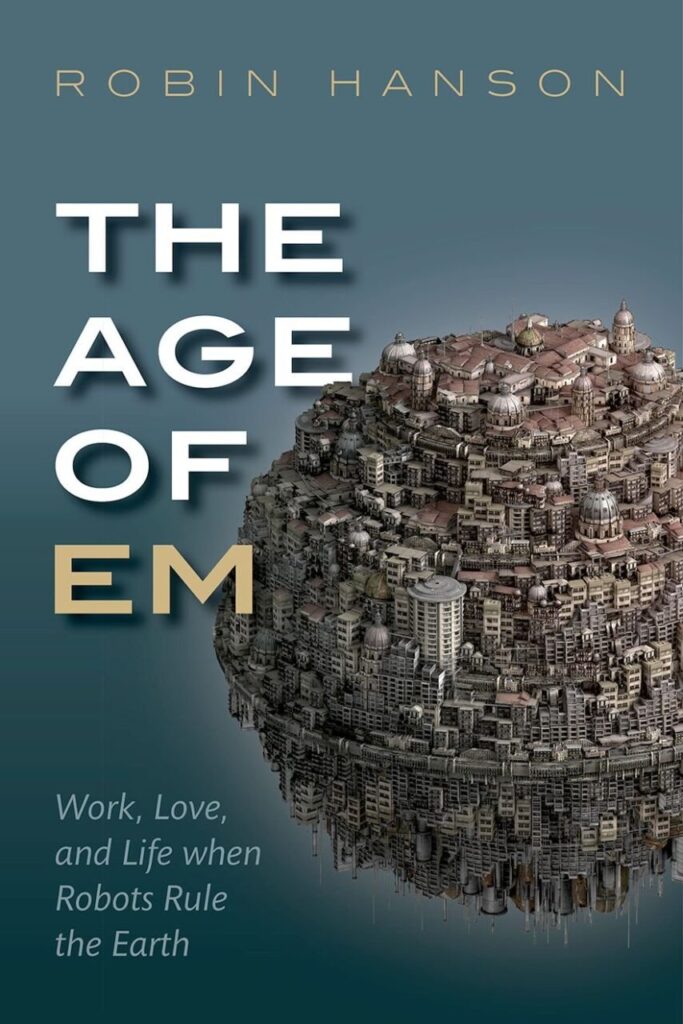
Economist and futurist Robin Hanson explores a unique vision of the future where human minds are uploaded into machines. These digital minds, or “ems,” will outnumber biological humans and create an entirely new kind of economy.
Hanson meticulously breaks down how such a society might function—what jobs ems would have, how they’d socialize, and what would happen to traditional human civilization in their wake. His approach is data-driven and deeply analytical, making this book a great read for those interested in the long-term implications of AI.
Interesting fact: Hanson argues that ems might work for almost no pay, drastically shifting the economy into something unrecognizable.
7. The Master Algorithm – Pedro Domingos
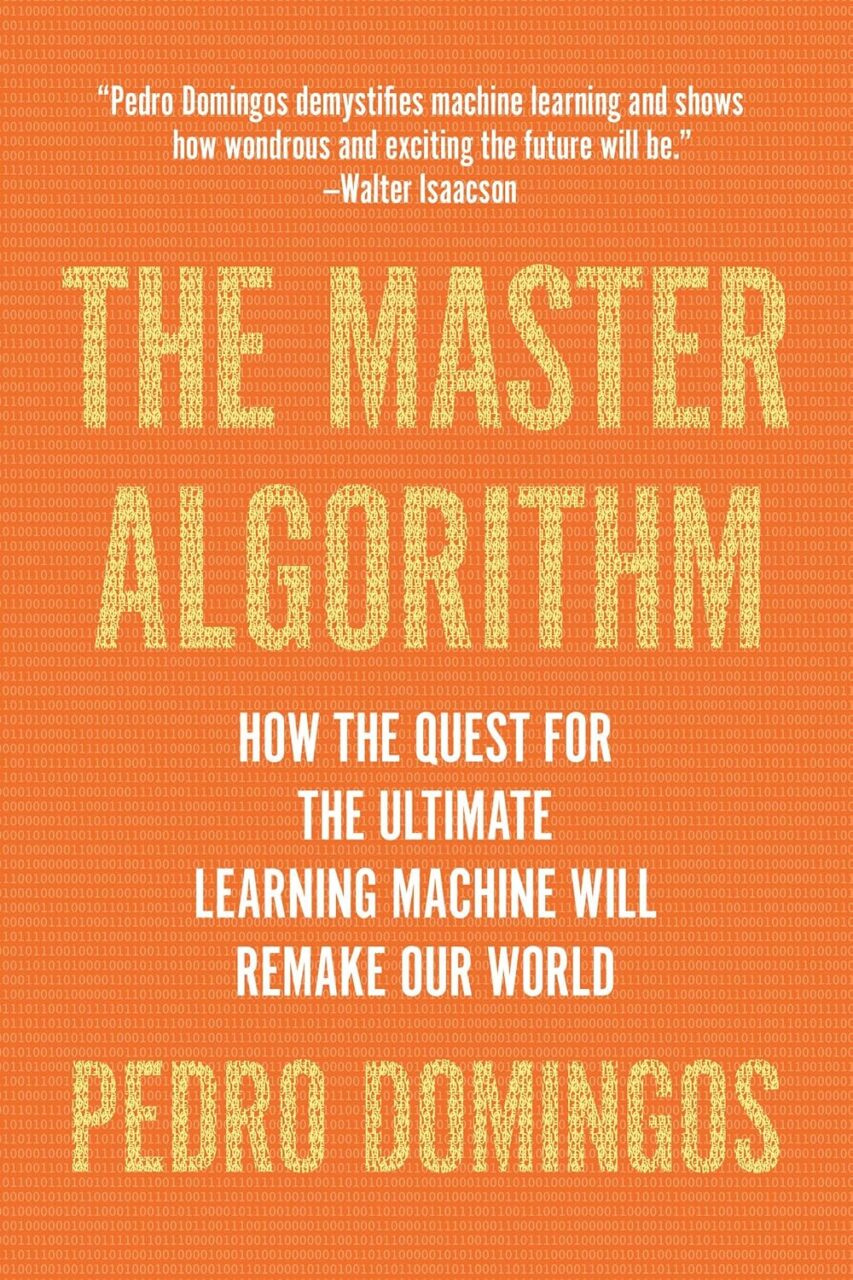
Machine learning is at the heart of AI progress, and Pedro Domingos explains how it works. He introduces the idea of a “master algorithm,” a single system that could learn anything from data. If such an algorithm is created, it could be the key to unlocking artificial general intelligence (AGI).
Domingos balances technical details with engaging storytelling, making complex concepts accessible. He takes readers through the five main schools of machine learning and explains how they might converge into a universal learning machine.
Interesting fact: Many top AI researchers believe we’re still decades away from discovering a master algorithm—if it’s even possible.
8. How to Create a Mind – Ray Kurzweil
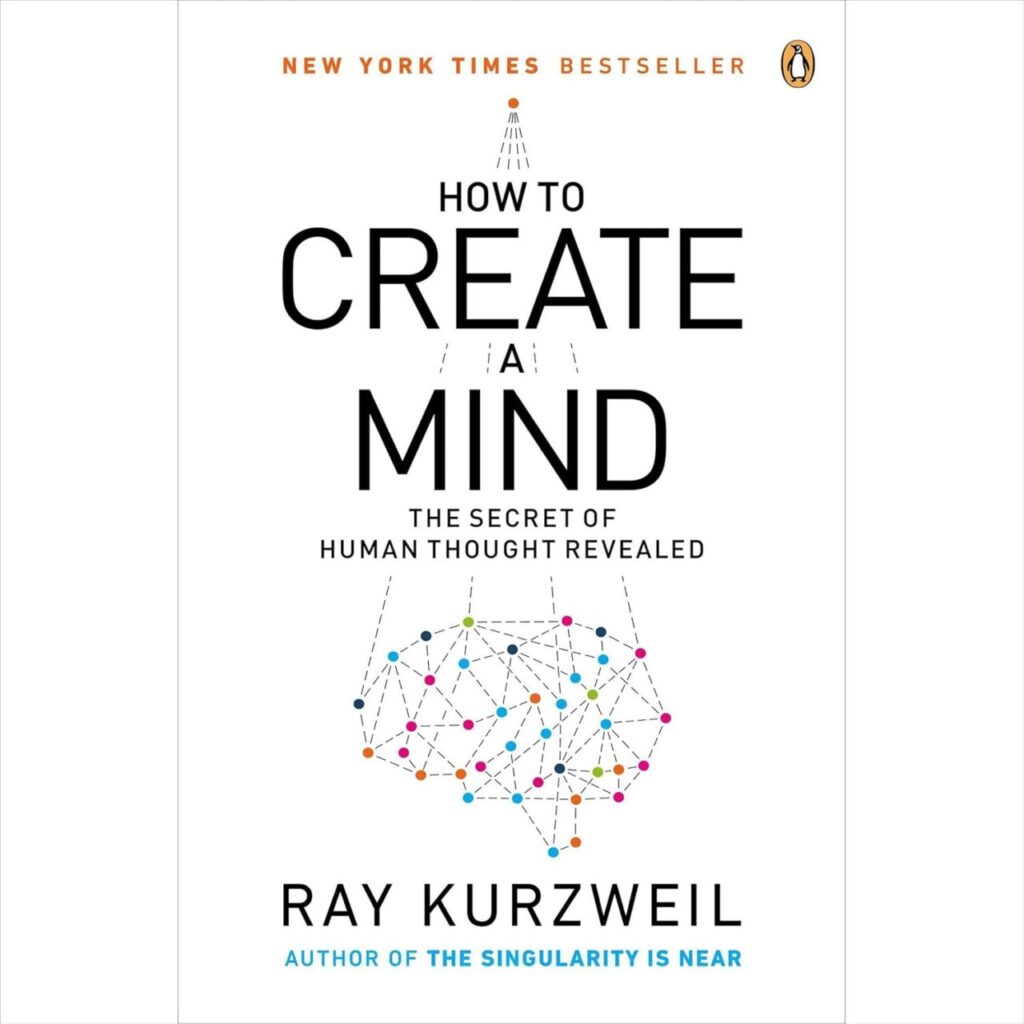
Kurzweil doesn’t just predict the Singularity—he wants to build it. In this book, he explores how the human brain works and how we might replicate its processes in machines. His theory is that intelligence is based on pattern recognition, and by reverse-engineering the brain, we can create conscious AI.
Kurzweil describes the neocortex as the key to human intelligence and explains how future AI could use similar structures to think, reason, and even feel.
His ideas are bold, and while some neuroscientists challenge his assumptions, they align with modern AI advancements. This book is essential for anyone curious about the link between human cognition and artificial intelligence.
Interesting fact: Google hired Kurzweil as a director of engineering to develop AI based on his ideas in this book.
9. I Am a Strange Loop – Douglas Hofstadter
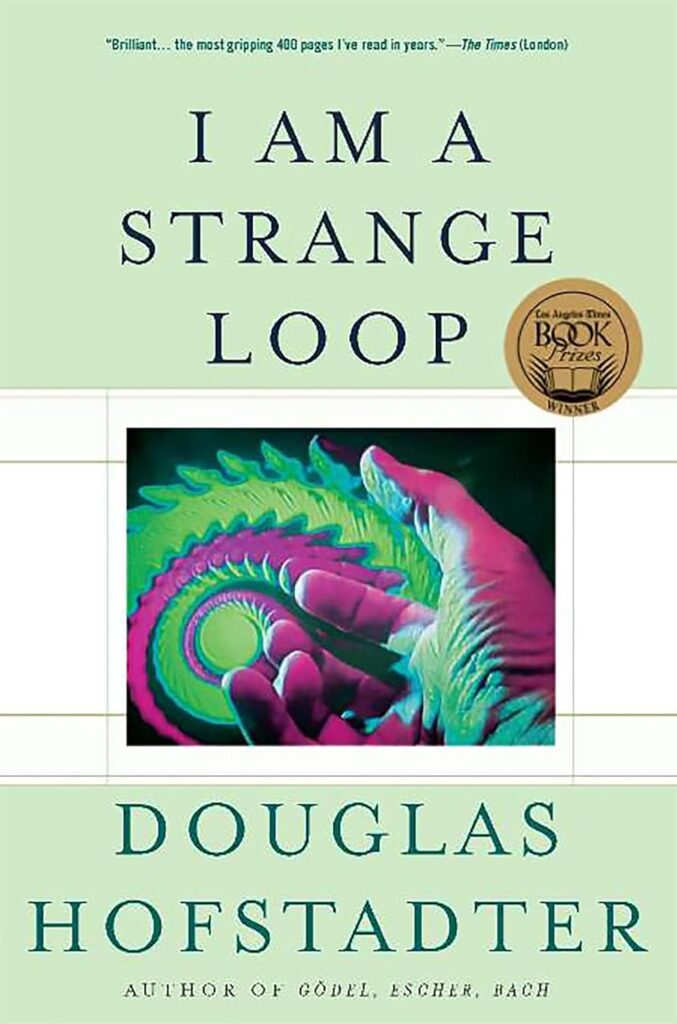
Hofstadter’s book isn’t directly about AI, but it tackles the fundamental question of consciousness. What makes “you” you? Is self-awareness something only biological beings can achieve, or could an artificial mind possess the same depth of experience?
Using a mix of philosophy, cognitive science, and personal anecdotes, Hofstadter argues that consciousness arises from self-referential loops—patterns that reflect upon themselves. I
f true, then AI could one day become truly self-aware. His poetic, sometimes humorous style makes deep concepts surprisingly digestible.
Interesting fact: Hofstadter won a Pulitzer Prize for his earlier book Gödel, Escher, Bach, which also explores AI-related themes.
10. The Precipice – Toby Ord
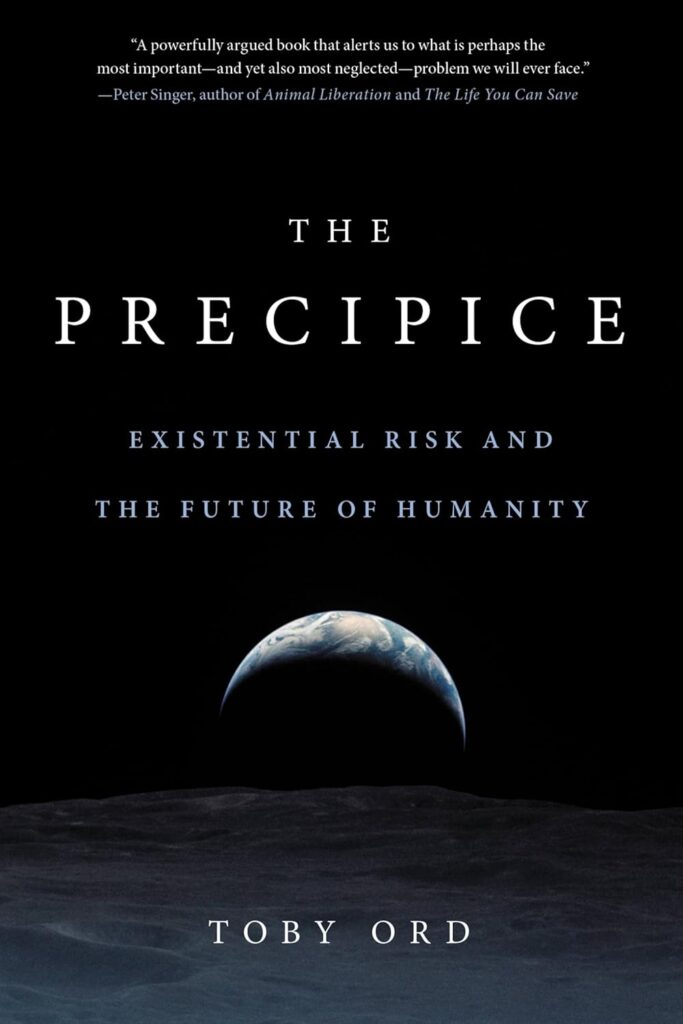
AI is just one of many existential risks humanity faces, and Toby Ord makes the case that we are standing at the edge of history’s most dangerous moment. From pandemics to nuclear war, and especially runaway artificial intelligence, he examines the threats that could wipe us out—and what we can do to prevent them.
Unlike purely theoretical books, The Precipice takes a statistical approach to estimating the odds of various extinction-level events. Ord doesn’t argue that AI will doom us, but he highlights the real dangers of unchecked technological growth. This book is a sobering, deeply researched take on why the next century could be our most important.
Interesting fact: Ord is a philosopher at Oxford who has donated over a third of his lifetime income to charities focused on reducing existential risks.























